“I hold every man a debtor to his profession; from the which as men of course do seek to receive countenance and profit, so ought they of duty to endeavor themselves, by way of amends, to be a help and ornament thereunto.”
– Sir Francis Bacon
I was admitted to practice as a solicitor on 18 February 1969.
I’m still in practice on my own at jgmann.com.au . I’m also still a Queensland Law Society Senior Counsellor and had the pleasure of helping a practitioner just last week.
When I declared I was running for the presidency, a senior member of the profession said to me (almost these words): “Jeffrey, I don’t know why you bother [with all the time I had spent over the years with the QLS and why I’d put my hand up for the Presidential election]”.
This was almost 30 years of work for the profession and hence for the community. I replied [to the effect]: “Because it’s important for all lawyers to actively give back to the profession and do as much as each can to strength the profession and be a trusted, respected profession.”
I stand by my reply. Apart from the presidency, in total I served on 35 standing or ad hoc committees.
How would I describe the public view of the legal profession and of itself at the time? In a hole. A lot of work had to be done internally to reverse that perception and engender a perception of lawyers. Ideally, the internal reform had to predate the external perception or at least run with it.
So, I became President at the AGM on 16 July 1997.
At that time the central issue for many was a widespread mistrust of, and a low regard for the profession. This was seen in the way the profession was often portrayed as:
- running a closed shop in resisting a nationwide profession
- opposing multidisciplinary practices
- retaining crazy rules about regulation of places where one could practice
- maintaining flourishing fee cartels (the ‘conveyancing scale’ in particular)
- having little regard for continuing legal education
- not offering specialist categories of solicitors
- lacking any specific requirements for compensation for negligence or other claims
- refusing rewriting of advertising rules which would have made older/retired practitioners turn in their graves
- allowing types of practice structures (even incorporation!).
It was not straight sailing into the Presidency. It was contested . My view is that the resistance to my becoming President was a lot to do with my then being a partner of Mallesons Stephen Jaques (now King & Wood Mallesons), one of those terrible nationwide firms which was hell-bent on taking all of the legal work to itself.
I had to campaign hard for several months. At my expense and time, I travelled up and down Queensland, cold-calling and doorknocking practitioners from North Queensland down to the Gold Coast and west to Toowoomba. I found that it was rewarding and fun. Many practitioners couldn’t believe that someone from QLS would take the time and trouble to go to see them and discuss what they considered were the issues facing the profession.
The speech I made at the AGM listed some of what I called ‘big picture issues’, some of which are always with us. The core of what I considered the big challenges facing the legal profession was expressed as follows:
“Please let me finish by etching out for you my own personal philosophy with respect to the profession. It is quite simple. I hold to the idea that in our society we need four things:
- a responsible parliament
- an independent judiciary
- a responsible press
- a strong legal profession.
Each is a check on the others. We need a strong legal profession. We need to be both forthright and visible. We need to stand up and talk about issues which affect the public But we need foremost to deliver first class legal services.”
The duty I felt then and which I have expressed over the years continues today. I formed The Australian States & Territories’ Tax Reformer Pty Ltd’ in 2021. It issues The Monthly Report (thetaxreformer.com.au).
At the heart of this is the need for the legal profession to stand by the principles of the rule of law and constantly bring the laws we have, or proposed, and to measure them against its tenets. Section 4 (4) of the Legislative Standards Act 1992 Qld) states:
“For the purposes of this Act, ‘fundamental legislative principles’ are the principles relating to legislation that underlie a parliamentary democracy based on the rule of law.”
So, the rule of law is not some airy-fairy thing but is at the heart of our legislative structure and, in my view, common law and equity. The extent that its principles are at the heart of our common law and equity awaits discussion for another day. It has been amusing over my time to sit back and watch the tensions between common lawyers and equity lawyers!
In concluding my speech at that AGM, I said:
“The aim, as I say, is to get a strong legal profession. You get that if you have a profession with strong technical skills and a profession which stands up and points out to the community changes which should be made in the legal system and changes which are about to be made to the detriment of the community. That’s a profession in my view which the community will appreciate.
“If I do one thing during my time as President I would like to move the wheel of public appreciation of the role of the profession and the wheel of the profession’s confidence in itself just one cog. If I can do that, I will be content.”
Did I do so? That’s for others to say. The reason I have set this out at some length is that these two points guided my efforts from the time I was admitted a lowly member of the Society and my election as President and now:
- technically strong on the law’s highways and byways, and
- morally strong, willing always to call out any lack of adherence to the rule of law in particular at any level of government.
In retrospect, I would list another point: work with the other members of the profession to create a better, collegiate profession which serves the community more effectively.
Have I been true to my word? Again, others can judge.
The thread (which connects all of my work at QLS, at the University of Queensland and other institutions, such as The Tax Institute) can be summed up as revering, writing about, and reminding colleagues of the rule of law. This is fearlessly pursued in The Tax Reformer.
The legal profession and the community owe much to Robin Speed of the Rule of Law Institute – see the February Issue of The Monthly Report of The Tax Reformer. Robin passed not so long ago but left a legacy the legal profession and the community should and will remember. So, it was an honour to have Robin describe The Tax Reformer as “… an excellent initiative and I wish you well”. Vale Robin.
So how did I express my commitment to the principles I have mentioned and Sir Francis Bacon’s aphorism? What happened between the day I was admitted and the day I took up the Presidency and then up to the time of writing?
I commenced practice in Brisbane with Tully & Wilson in 1969 and became a partner of that firm in 1970. I remained a partner with the new firm formed on the merger of Chambers McNab & Co and Tully & Wilson until October 1989. In February 1990 I became a partner with Mallesons Stephen Jaques (and later a senior partner) and continued as a senior partner until 31 December 2005. During this time, I had the pleasure and honour to become the state Chairman and then the National President of The Tax Institute (TTI). I served on several TTI committees during this time. I was, if I may so, a prolific presenter of papers at QLS, TTI and other institutions. As well, I taught part time at the UQ Law TC Beirne of Law School of Law for about 35 years, starting in 1970.
In February 2006, I was appointed Professor, Professorial Research Fellow and Director, Australian Centre for Commerce, Law and Tax in the TC Beirne School of Law and was appointed Special Tax Counsel at McCullough Robertson Lawyers in February 2007. In March 2009, I was appointed Professor, Professorial Research Fellow in the Faculty of Business, Economics and Law. In 2011, I was appointed Professor in the Faculty of Business, Economics and Law. With Professor John Mangan, Professor of Economics in the School of Economics, I was Co-Director of the Economics & Law Research Unit in the Faculty of Business, Economics and Law.
In 2013, I established with Professor John Mangan and James Stokes the Economics & Law Research Institute Limited (elri.com.au )and I am still Director. From 2014 to 2016, I was appointed the Manager of the Learning & Development Unit in the Queensland Office of State Revenue, Queensland Treasury (now Queensland Revenue Office) and in 2016 I became the Manager, Public Rulings in that office. I currently act in both roles of a practising lawyer and academic, as well as being an author of legal texts and a consultant to the private and government sectors.
Lawyers Community Service – 1972
QLS and the Bar made a decision to set up the Lawyers Community Service. This provided free advice firstly in Fortitude Valley, Brisbane and the Community Centre, Ipswich. I was appointed to the first committee and with Jim Dunn QC (later Dunn J.) went to Ipswich three or four times a year to meet people and to give them advice on whether they had a legal problem (and if so, where they could get help such as Legal Aid and if not, where they could government help or NGO help). I remained a member for several years.
Disability Insurance Scheme – 1972
I wrote to QLS in 1972 and lobbied for the establishment of the scheme. As a reward for my lobbying, I was appointed to an hoc committee comprised of Gerry Murphy and Peter Walsh. The scheme was set up with the State Government Insurance Office (later Suncorp).
Professional Indemnity Insurance Scheme (Law Claims) – 1978
Again I was appointed to an ad hoc committee comprised of Gerry Murphy, Henry Weld , Ron Ashton, Wally Tutt and others. This committee worked out how the scheme would work, the terms of cover, the underwriters and the brokers. This scheme was compulsory for members of QLS and as such was fiercely fought by sections of the profession. At the subsequent general meeting, Gerry Murphy moved for QLS to adopt the scheme, a motion I seconded. It was passed for implementation. The scheme was known as Law Claims. In due course, it became Lexon, a captive insurer of QLS in Singapore and is still operating.
Law Claims – 1977 to 1990
I was appointed a member of Law Claims, then chaired by Gerry Murphy. Its function was to administer the scheme and generally act as an insurance company. This saw me go to London every three years to re-negotiate the scheme with brokers and the lead underwriter, Michael Payne, a Lloyds underwriter. Gerry Murphy stood down as chair and I became chairman in 1981 – to 1990. Members who were members of Law Claims consider it to be the best committee they have served on at QLS. This committee met while I was on it roughly twice a month and then weekly. Committee members were given a number of files at the end of a week and were required to study what the fault was (if one) and then report as to how to get it fixed. The objectivity of the committee was one of its great strengths, as well as the skills of its members. If the committee thought there was a valid claim, then an estimate of the loss was made.
Professional Indemnity Scheme – wide-ranging review, 1985
Law Claims was concerned at the rising level of claims. In 1985, QLS set up the Professional Indemnity Scheme Review Committee “…to conduct a wide-ranging review of the professional indemnity scheme”. Michael Fellows, QLS Manager of Law Claims, and I went to the law societies in Canada, Scotland and the UK, which took four weeks, all on my own time. On return Michael and I compiled a report in July 1985 for QLS, which recommended several changes.
Practice Management Course – 1985/1997
One of the recommendations of the report of July 1985 was the establishment of the present Practice Management Course. It was finally introduced against strong opposition when I was President of QLS. I am told it has been a great success in equipping newly admitted practitioners to realise that they are running a business. The Bar subsequently introduced its own course.
Interstate law firms – 1998
Interstate law firms were not allowed to carry on business in Queensland. That meant that they had to set up a separate firm. In addition, they could not use the name used in their home state/territory, such as Freehill Hollingdale and Page (Sydney), or Mallesons Stephen Jaques (which opened at the end of 1989 under the name Bugden Summerton Sheehan). During my presidency, this was changed. There was fierce opposition from some sectors of the profession, with cries such as it was against the federal structure of the country. Firms could also trade under whatever name they wanted.
Advertising – 1997 to 1998
During my term as President, the ridiculous rules against advertising (for example, signs outside a firm’s office could not be more a certain size, you couldn’t send brochures to clients and prospective clients, and as to advertising on the back of buses or TV …well!) were done away with. The profession has got on quite nicely and has brought legal services to the public.
I always liked dealing with the media. I was delighted then, in the last time I had a radio interview with ABC Reporter Cathy Border, I said to her, “Cathy, well. after today I’m a feather duster” and she said, “I’m sorry to hear that. You’ve been very effective.”
I have been fortunate enough to receive a number of honours, including being made a Member of the Order of Australia on Australia Day 2000, appointed an Honorary Doctor of Laws from UQ, and Life Membership of QLS and The Tax institute.
As I said at the beginning of this article, I’m still in practice on my own (jgmann.com.au) and I’m still a QLS Senior Counsellor.
As they say, “There’s still life in the old dog yet”! May it ever be so.



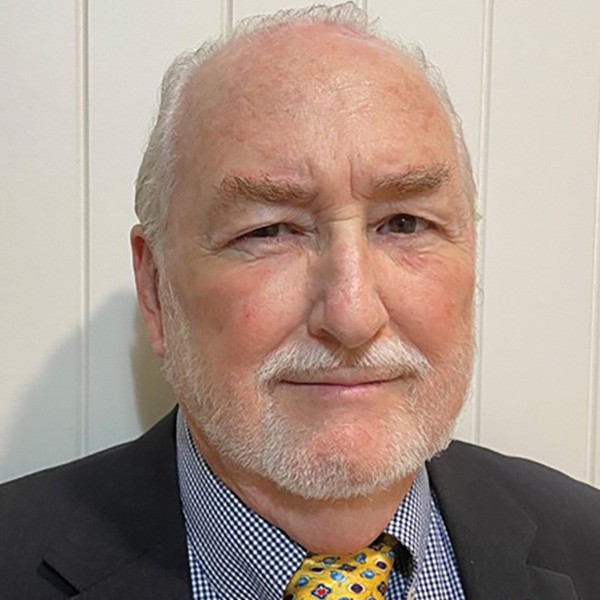

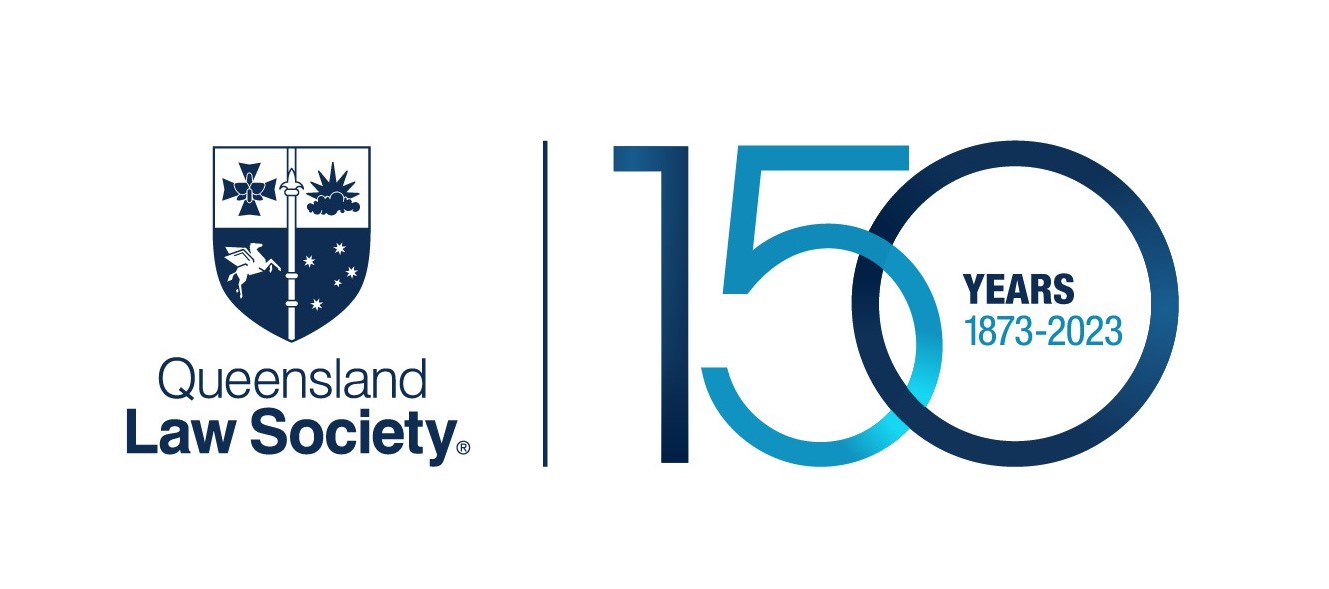

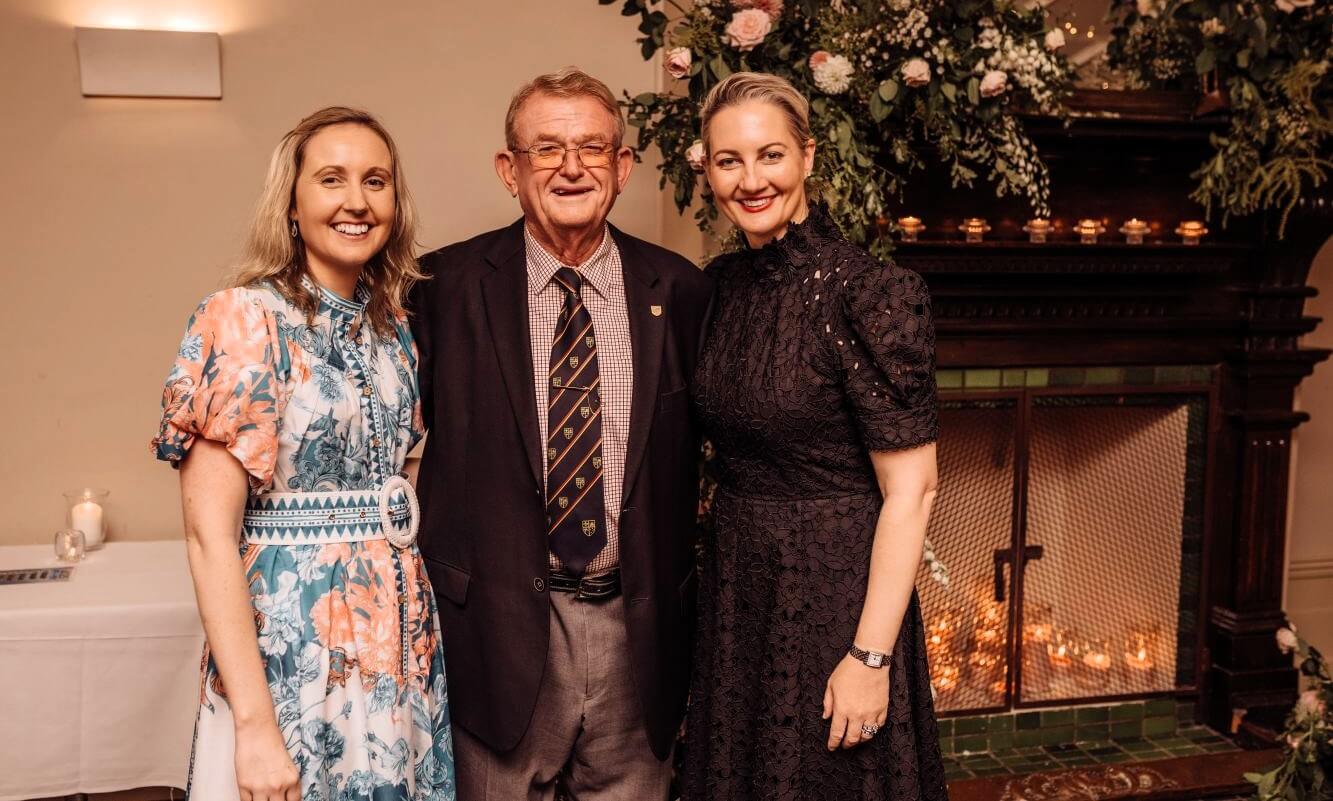
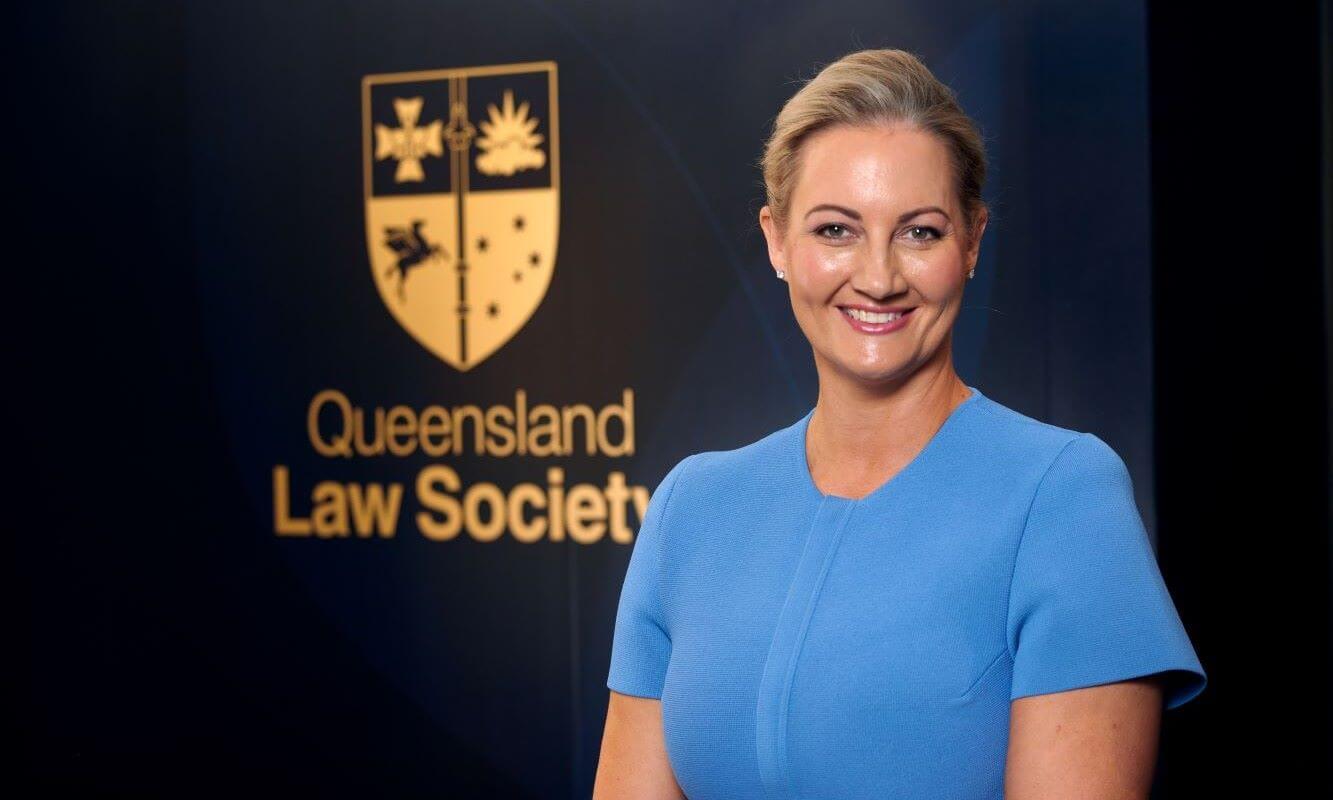

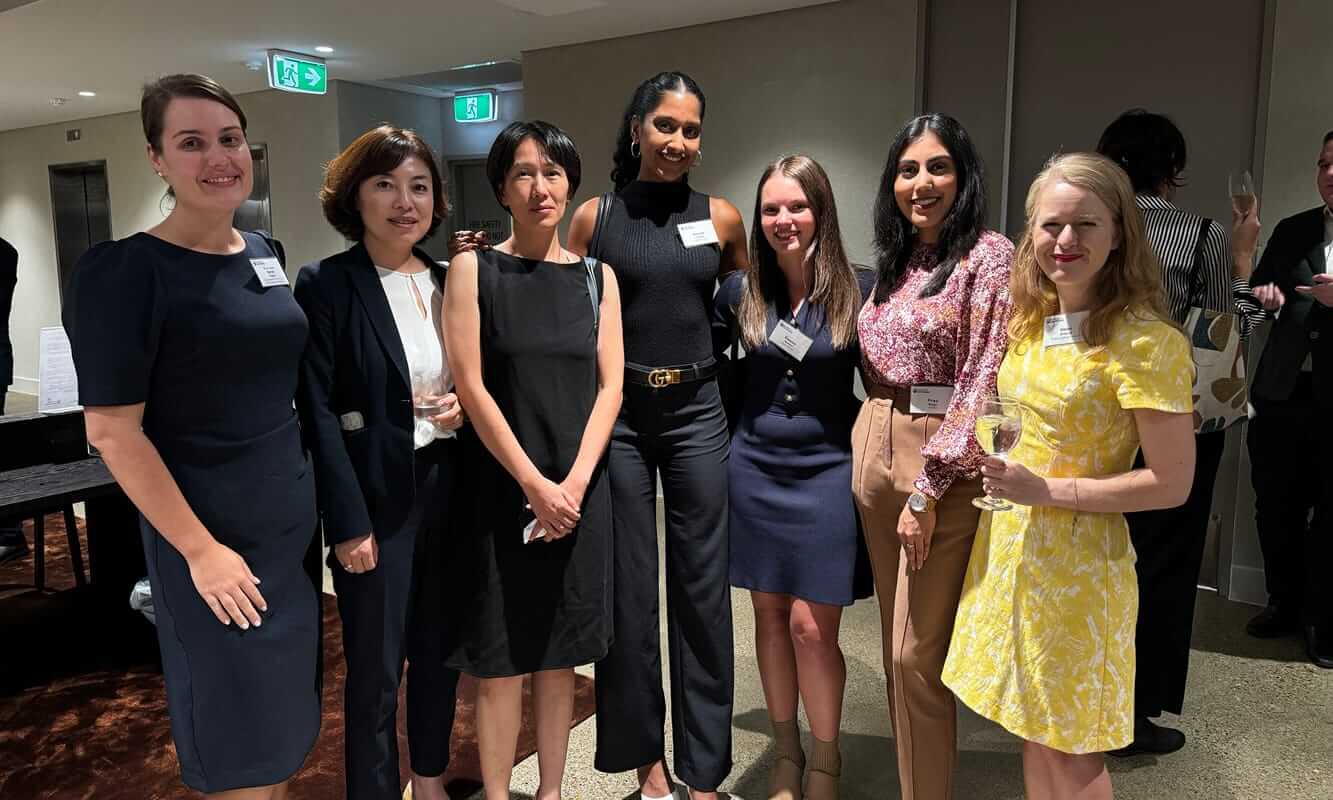
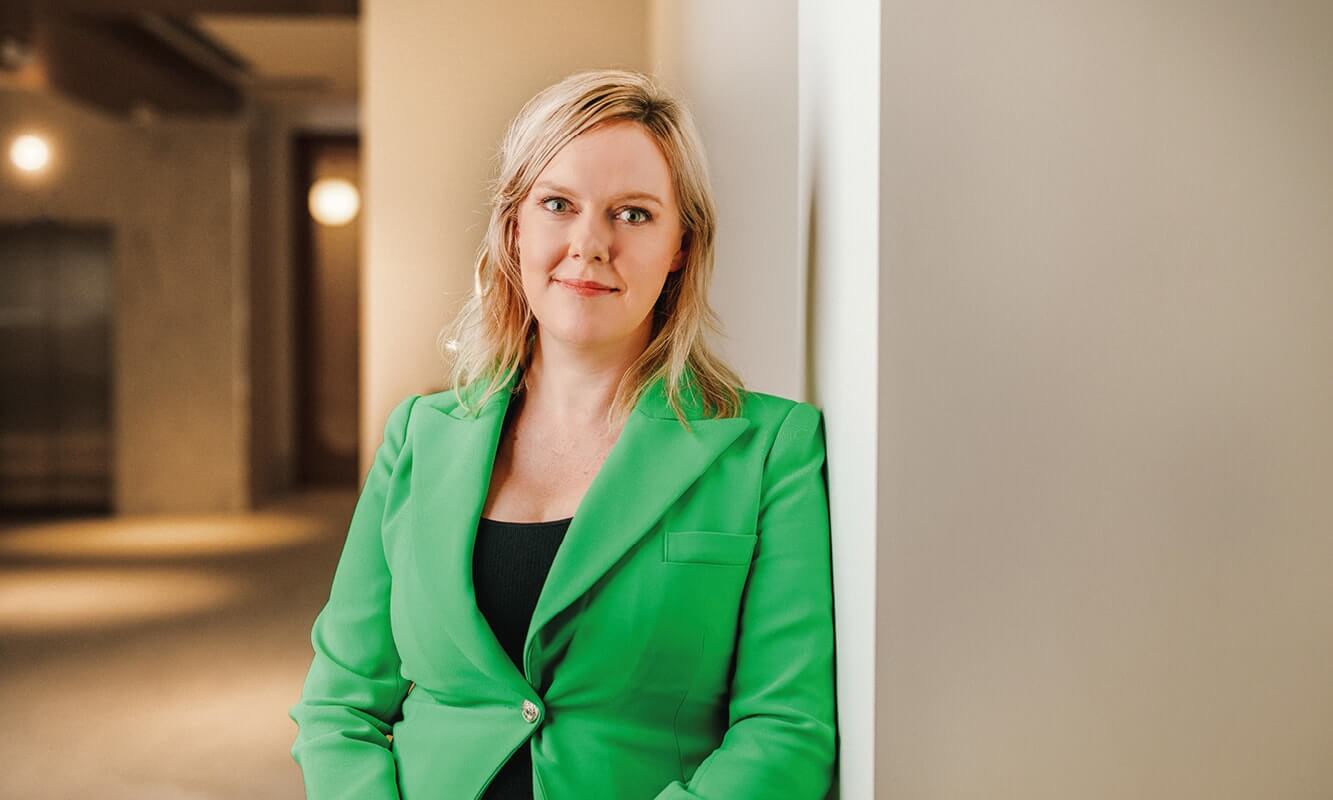
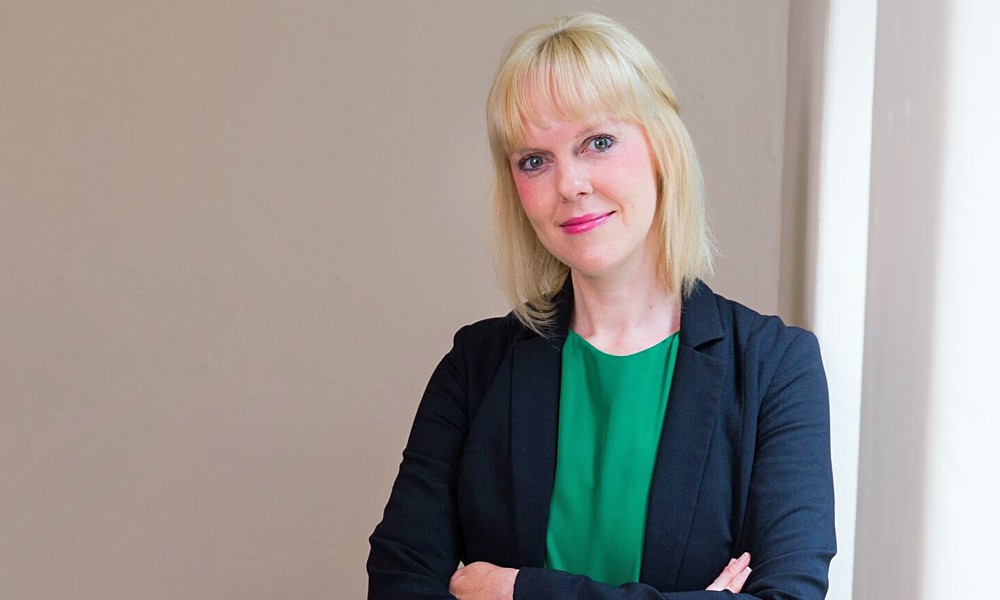

Share this article